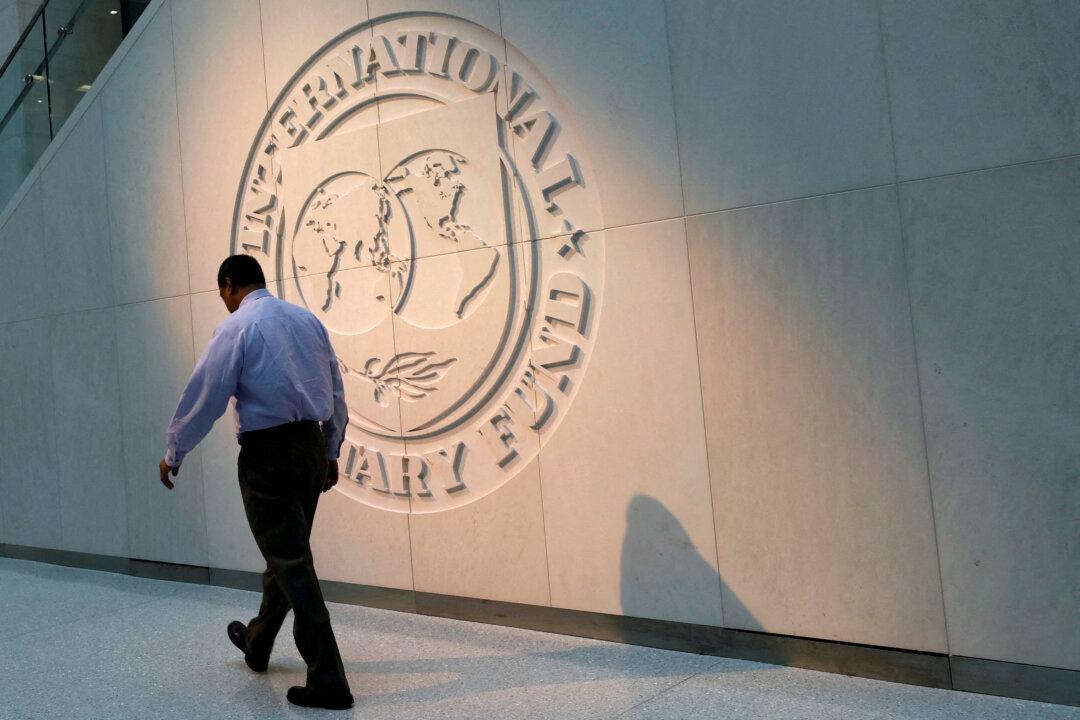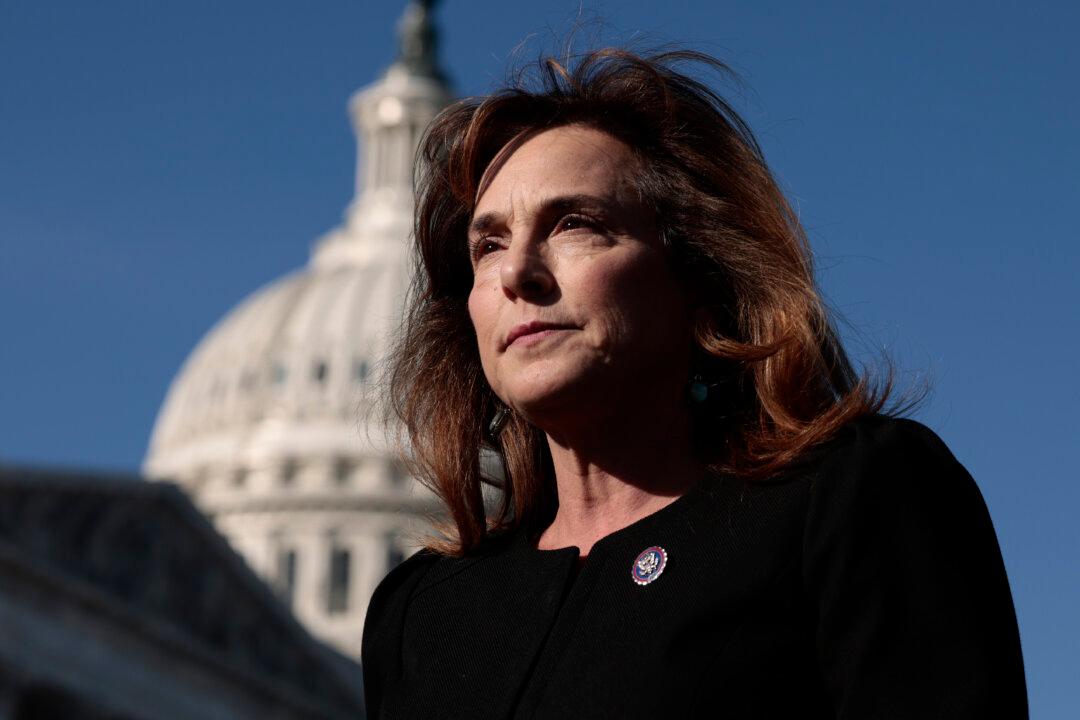Financial regulators came under scrutiny over what congressional members see as misplaced priorities ahead of the collapse of Silicon Valley Bank (SVB). In a March 29 hearing, House Financial Services Committee chair Patrick McHenry (R-N.C.) chastised Michael Barr, Federal Reserve vice chair for supervision, for making time “to start a review of climate risks in banking” while ignoring red flags at SVB.
In mid-January, the Fed commissioned large banks to conduct reports on the impacts of hypothetical climate emergency scenarios—such as hurricanes, wildfires, and sea-level rise—on the banks’ business models, including how these events would affect real estate portfolios, the frequency of loan defaults, and changes in investment-grade ratings.




